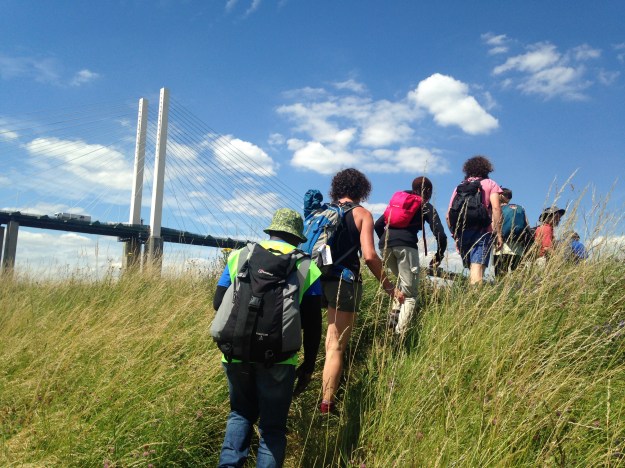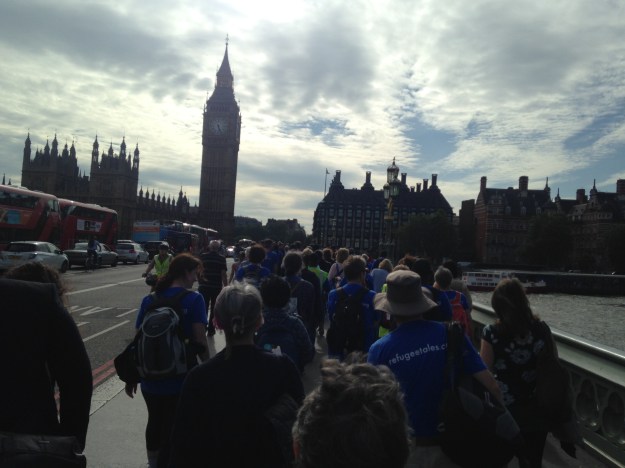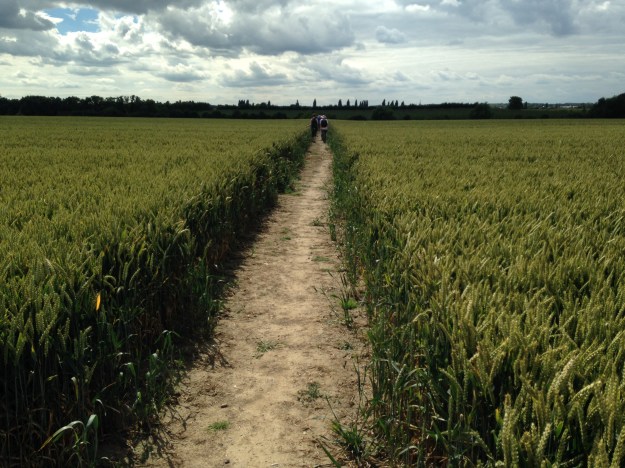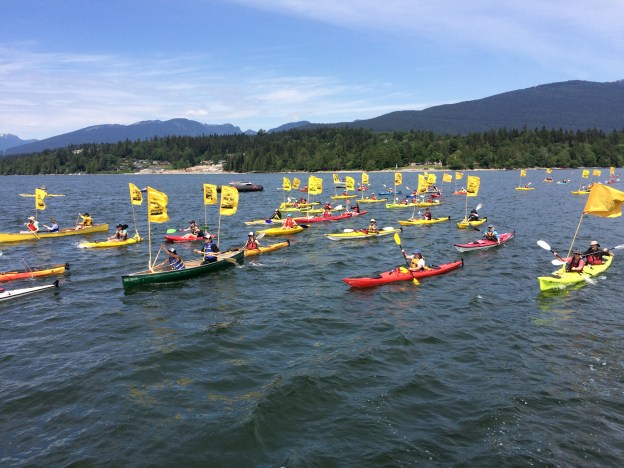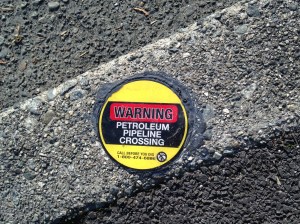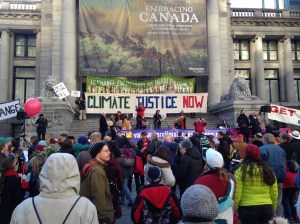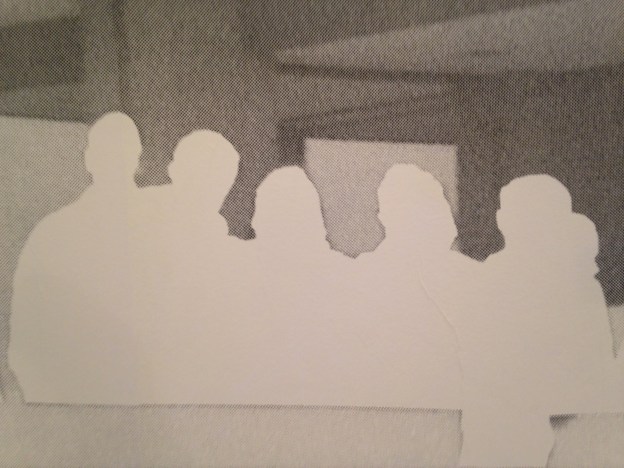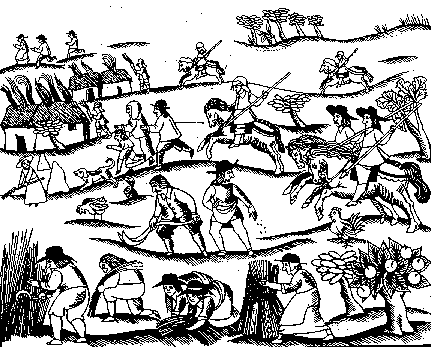March 13 2017
Dear President Petter,
On Friday, March 10, food service workers at SFU waited at the Diamond Alumni Centre for 45 minutes for representatives of SFU new food services provider, Sodexo, to show up for a meeting. Sodexo stood the workers up. When it became clear that reps from Sodexo would not show to the meeting, the workers, who received termination notices in February, were understandably distressed. Having received no commitment they would maintain their jobs, their union, or their contract from either the university or Sodexo, workers then decided to march to Strand Hall to see whether they might receive any assurances from you. You refused to meet them.
Under your leadership, SFU has branded itself as a socially compassionate and “engaged” institution. Yet in awarding the contract to Sodexo and not requiring successorship as part of the deal—which would have guaranteed workers their jobs, their union, and their contract—decisions taken at senior levels of the administration have imperilled the livelihoods and injured the dignity of some of the most vulnerable workers on our campus. While senior management in the upper echelons of the university administration make hundreds of thousands of dollars a year (partly thanks to contracts like Sodexo’s), these workers are among the lowest paid on campus. They have been forced to fight hard for whatever meagre security they used to have. Many have worked at SFU for decades, and most earn $16-$18 an hour (less than a living wage). More than half of these workers are women, a number of them are immigrants, and many are people of colour. If our university is genuinely committed to lifting people out of poverty, we need to start with workers in our community. As you yourself recently said, speaking at the “We are all SFU” event, it is “our common resolve to foster a university environment in which all members of our community feel valued and supported.”
You have the power to intervene and do the right thing, to make this statement more than mere rhetoric. Show us that you care. The university needs to see some “engagement” from you on this file.
Sincerely,
Daniel Ahadi, Communication
Robert Anderson, Communication
Ian Angus, Humanities
Ronda Arab, English
Yıldız Atasoy, Sociology
Jody Baker, Communication
Sam Black, Philosophy
Catherine Black, French
Nicholas Blomley, Geography
Enda Brophy, School of Communication
Jakub Burkowics, Sociology and Anthropology
John Calvert, Health Sciences
Elise Chenier, History
Marjorie Cohen, Political Science/Gender, Sexuality and Women’s Studies
Stephen Collis, English
Marela Dichupa, Education
Milena Droumeva, Communication
Samir Gandesha, Humanities
Carla Graebner, Librarian for Research Data Services and Government Information
Patricia Gruben, Contemporary Arts
Rick Gruneau, Communication
Robert Hackett, Communication
John-Henry Harter, History and Labour Studies
Holly Hendrigan, Liaison Librarian, Applied Sciences
Helen Hok-Sze Leung, Gender, Sexuality & Women’s Studies
Barry Honda, Molecular Biology and Biochemistry
Chris Jeschelnik, Communication
Sharon Koehn, Gerontology
Ena Lee, Education
Mark Leier, History
Carolyn Lesjak, English
Andrew Mack, International Studies
Gary McCarron, Communication
Kirsten McAllister, School Communication
Eugene McCann, Geography
Geoff Mann, Geography
Tamir Moustafa, International Studies
Gerardo Otero, International Studies
Roxanne Panchasi, History
Christopher Pavsek, School of Contemporary Arts
Stacy Pigg, Anthropology
Tony Power, Bennett Library
Lynne Quarmby, Molecular Biology and Biochemistry
Michael T Schmitt, Psychology
Jamie Scott, Molecular Biology & Biochemistry/Health Sciences
Ozlem Sensoy, Education
Malcolm Steinberg, Health Sciences
Kendra Strauss, Labour Studies Program
Rochelle Tucker, Health Sciences
Michele Valiquette, English
Habiba Zaman, Gender, Sexuality, and Women’s Studies





